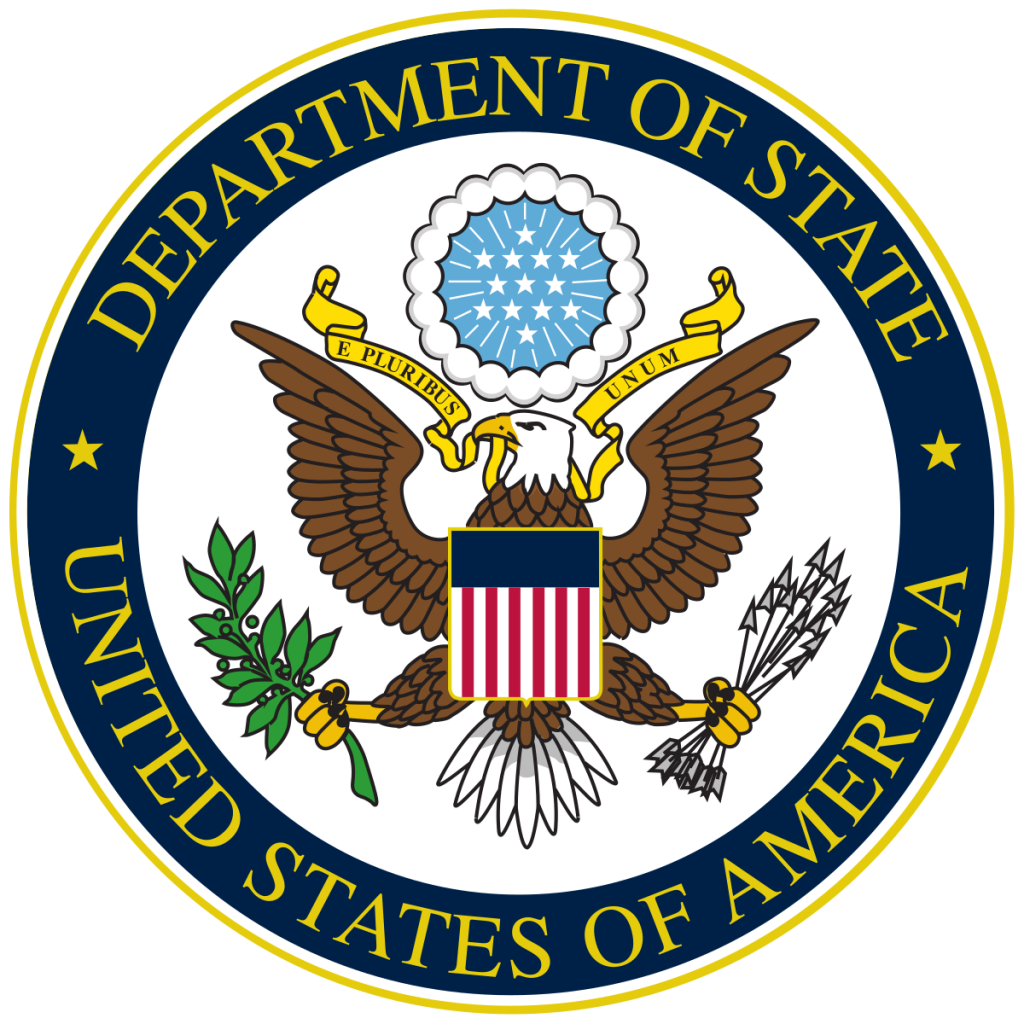
The US government recommends the Dominican government document Haitian immigrants. Most Haitians do not have any legal official documentation.
The US State Department Trafficking in Persons Report recommends the Dominican Republic fill the void left by the Haitian government and issue or re-issue identity documents to Haitians in border communities and Haitians already in the Dominican Republic.
The report recommends “proactively and consistently screening Haitians and so-named Dominicans of Haitian descent, stressing pregnant women, migrants and those in the sugar industry, for trafficking indicators and referring them to state care.
The complete list of “prioritized recommendations” in the report is:
• Proactively and consistently screen Haitians and Dominicans of Haitian descent, particularly pregnant women, migrants, and those in the sugar industry, for trafficking indicators and refer them to care.
• Develop, implement, and fund a new National Action Plan, and ensure the Interinstitutional Commission against Trafficking in Persons and Smuggling of Migrants (CITIM) meets regularly to carry out its anti-trafficking functions.
• Amend the 2003 anti-trafficking law to remove the requirement to prove force, fraud, and coercion of sex trafficking victims younger than 18 years of age to be consistent with international law.
• Issue or re-issue identity documents to Haitians in border communities, Haitians in the country, and Dominicans of Haitian descent.
• Vigorously investigate, prosecute, and convict traffickers, and apply appropriate sentences as ordered by law.
• Provide adequate human and financial resources and training to law enforcement, prosecutors, and judges to combat trafficking, particularly in areas outside of Santo Domingo, and ensure the National Police can routinely connect with other source or destination countries, including Haiti.
• Ensure potential child trafficking victims involved in gangs and drug trafficking are not penalized for unlawful acts traffickers compel them to commit, and ensure they are screened, identified, and referred to care.
• Expand consistent access to care, including a dedicated shelter, for male trafficking victims. • Increase the number of translators, especially in Haitian Creole, to assist in victim identification and referral to care.
• Improve legal representation for victims, including by strengthening the Service for Legal Representation of Victims’ Rights (RELEVIC).
• Increase criminal investigations and prosecutions of government officials allegedly complicit in trafficking and impose stronger sentences.
• Fully implement the Electronic Investigations Module as an official tool both in investigations and in official communications between the National Police and the Public Ministry.
Read more:
Trafficking in Persons Report
21 July 2022

